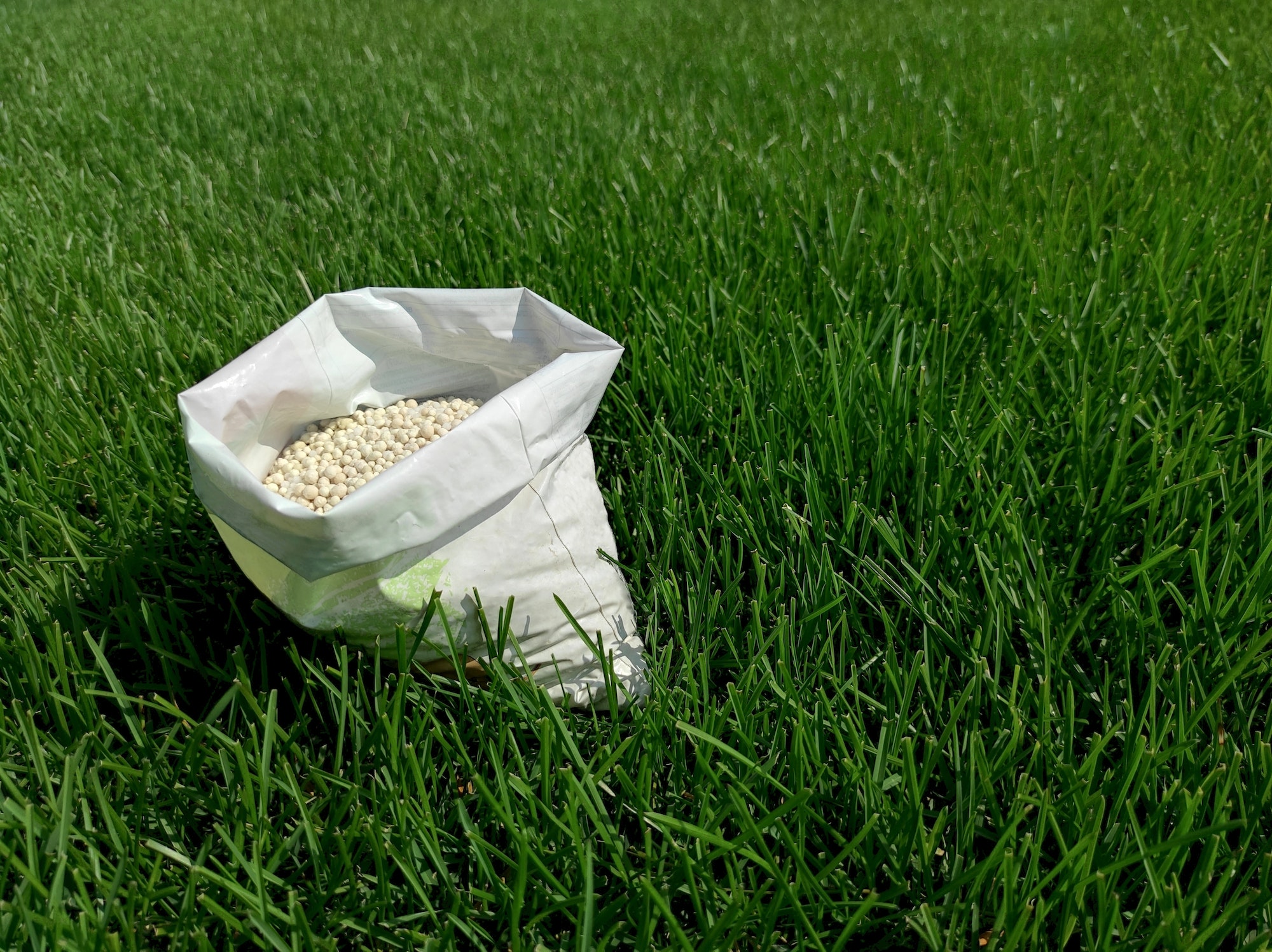In recent years, the agricultural industry has been searching for sustainable alternatives to traditional chemical fertilizers. One such alternative is the use of algae-based biofertilizers, which have shown promising results in terms of both application and effectiveness. This article will compare traditional chemical fertilizers with algae-based biofertilizers and other organic alternatives, highlighting the potential benefits of incorporating algae-based solutions into modern agriculture practices.
Traditional chemical fertilizers are made up of synthetic compounds that provide essential nutrients to plants, such as nitrogen, phosphorus, and potassium. While these fertilizers can effectively promote plant growth and increase crop yields, they also come with a number of drawbacks. The overuse of chemical fertilizers can lead to soil degradation, water pollution, and negative impacts on biodiversity. Additionally, the production of these fertilizers relies on non-renewable resources like natural gas and phosphate rock, which makes them unsustainable in the long term.
On the other hand, organic alternatives like manure and compost provide nutrients to plants through natural processes, reducing the risk of environmental harm. However, these methods may not always provide sufficient nutrients to support optimal plant growth, particularly in large-scale agriculture operations.
Algae-based biofertilizers offer a promising solution to these challenges. Derived from microalgae or macroalgae biomass, these fertilizers contain essential plant nutrients like nitrogen, phosphorus, potassium, as well as micronutrients and growth-promoting substances. They can be applied to crops in various forms, such as liquid or powder formulations, or incorporated into soil amendments.
One key advantage of algae-based biofertilizers is their sustainability. Algae can be grown using wastewater or brackish water, reducing the demand for freshwater resources. Furthermore, they can be cultivated in controlled environments like photobioreactors or open ponds without competing for arable land with food crops. This makes algae an attractive option for producing biofertilizers at scale, without exacerbating issues related to land and water scarcity.
In terms of effectiveness, various studies have demonstrated the potential benefits of using algae-based biofertilizers in agriculture. These include increased crop yields, improved plant growth and health, and enhanced nutrient uptake by plants. For example, a study conducted in India found that the application of an algae-based biofertilizer increased rice yields by 17% compared to a control group treated with chemical fertilizers.
Moreover, the use of algae-based biofertilizers can lead to improvements in soil quality. They can help to restore soil fertility by promoting the growth of beneficial microorganisms, enhancing soil structure, and increasing the availability of nutrients. This is particularly important in regions where intensive agriculture has led to soil degradation and loss of organic matter.
Another advantage of algae-based biofertilizers is their potential to mitigate greenhouse gas emissions associated with traditional fertilizers. The production and application of chemical fertilizers are significant sources of nitrous oxide and carbon dioxide emissions, which contribute to climate change. In contrast, algae cultivation can act as a carbon sink, absorbing CO2 from the atmosphere during photosynthesis. Additionally, the use of algae-based biofertilizers can reduce nitrous oxide emissions from agricultural soils by promoting more efficient nitrogen uptake by plants.
Despite these promising results, further research and development are needed to optimize the production and application of algae-based biofertilizers. Challenges include identifying the most suitable algal strains for specific crops and environmental conditions, as well as developing cost-effective methods for large-scale algal biomass production and processing.
In conclusion, algae-based biofertilizers have the potential to offer a sustainable and effective alternative to traditional chemical fertilizers in agriculture. By harnessing the power of these microscopic organisms, we can support healthier soils, higher crop yields, and reduced environmental impacts in our quest for a more sustainable future.


